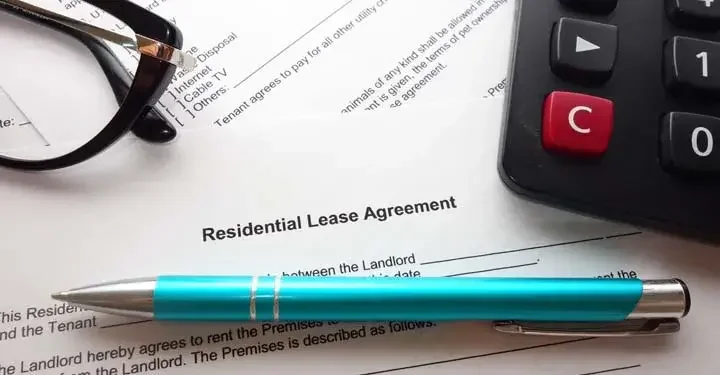As a tenant, you may want to get out of your residential lease without paying the remaining rent. Likewise, if you're a landlord and sell your rental property, the buyer must now collect rent from the tenants, who may have no idea you sold the property. In both situations, assignment of a lease with a release for the tenant and assignment of leases with notice by the landlord accomplish these goals.

Assignment of lease by the tenant
If you're the tenant and want to leave before the end of your lease term, you may be able to assign your lease to a third party if the landlord doesn't let you out of the lease. The third party then becomes the new tenant, who is bound by the terms of the original lease and pays rent to the landlord.
Most often, the lease won't permit assignment without the landlord's approval, but leases often state that the landlord cannot unreasonably withhold consent. As long as you produce a tenant who's shown a history of payment under prior leases and has been a model tenant, a landlord should consent to assignment.
The assignment of lease form should include places for the tenant-assignor, the new tenant-assignee, and the landlord to sign. If the master lease allows assignment, then the tenant doesn't need the landlord's permission; the tenant can sign an assignment of lease agreement without the landlord's signature.
If the landlord allows an assignment of the lease, you, as the tenant, also want him to sign a release stating that you're not responsible for the new tenant's failure to pay or for any damage she causes. Without such a release, you may still be liable for both.
When you, as the tenant, assign the lease, you sign an agreement that either reads “Assignment of Lease," “Lease Assumption Agreement," or “Assignment and Assumption Agreement." An assumption of the lease means that the new tenant assumes your obligations, such as paying rent and keeping the apartment in good condition.
Assignment of lease vs. sublease
An assignment of a lease transfers the tenant's entire rights in the property to a third party. With a sublease, on the other hand, the tenant transfers only a portion of the remaining lease. For example, if the original tenant has six months remaining on his lease and he gives the entire six months to a third party, the tenant is permanently assigning his rights to live on the property to the third party. If, however, the tenant allows that third party to stay at the premises for only three months, and the tenant intends to return after three months, he is subleasing the premises.
Assignment of lease by the landlord
A landlord can assign the right to collect rent to someone who has purchased the property. An assignment of lease from the seller to the buyer allows the new landlord to collect rent from any and all current tenants in the building. The language in the landlord's assignment of lease agreement can include assignment of security deposits, if the parties agree to it. An assignment of leases by the landlord to the buyer affords protection to the buyer so he can collect rent.
An assignment of leases by the landlord to the buyer is meaningless if tenants aren't aware the landlord sold the property, which is why it's important for the assignor-landlord to give tenants proper notice. A notice of assignment of lease, which is a form signed by both the assignor-landlord and the assignee, or new landlord, is one way to give notice. Another way is to send a letter on the landlord's letterhead. Either way, the notice must include the new landlord's address and how rent is to be paid.
Both landlords and tenants who become assignors should sign a formal assignment of lease agreement, which an online service provider can prepare for you. If you're the tenant who has assigned your lease, try to get a release or you'll still be liable to the landlord. If you're the landlord, make sure you can count on the new tenant to pay the rent before you release the primary tenant from his obligations under the lease.

